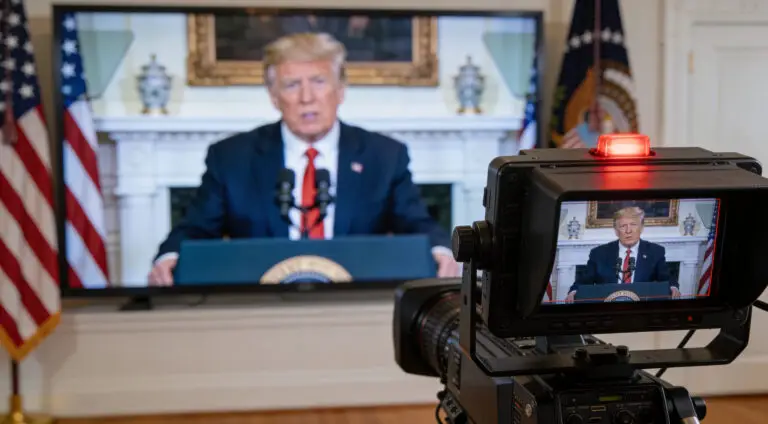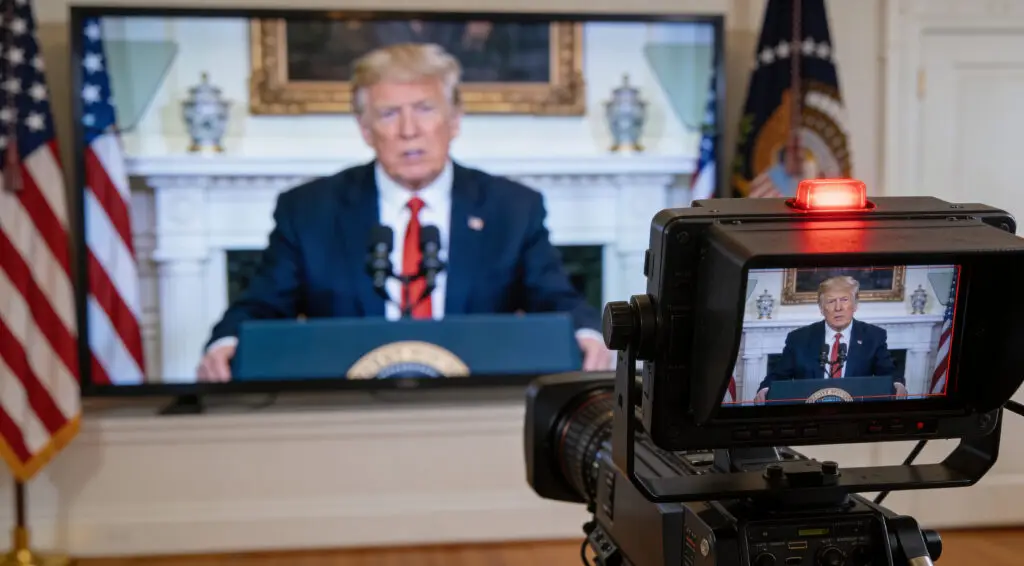Coinbase, the cryptocurrency exchange, has asked the United States Securities and Exchange Commission (SEC) to lift its policy restricting staff ownership of cryptocurrencies. Coinbase published letters detailing their argument on April 25, 2025. In opposition to Coinbase’s actions, the SEC seems preoccupied with trying to come up with effective regulations, claiming that their efforts will at best only deal with the issues. The central pillar of Coinbase’s rationale stems from the notion that grappling with the issues of hands-on supervision with blockchain technology is imperative for regulators, rather than contending that it is far from being discretionary.
Current Prohibition: A Block to Understanding?
The guideline originates from Legal Advisory 22-04, promulgated by the Office of Government Ethics (OGE) on July 4, 2022. This advisory specifically prohibits SEC employees from the purchase, sale, or use of cryptocurrencies and stablecoins. The reasoning rests solely on a particular classification problem of these digital assets not being considered ‘publicly traded securities’ for the purposes of the advisory’s interpretation.
As a result, they do not qualify for the de minimis provisions where agency employees are exempted from possessing stocks or other conventional securities in nominal amounts that may invoke a conflict of interest. This classification effectively places a blanket ban on SEC personnel engaging directly with most forms of cryptocurrency, leading to an unusual situation where regulators are alienated from the technology they regulate.
Coinbase Advocates for Experiential Learning
The enforcement of distance, as presented in their self-regulation framework, is far from ideal, and Coinbase argues against it. Exchange representatives underlined the need of being on-site for proper oversight, “effective on-site engagement,” as one of them described it. In his words, SEC staff needs to “live” the technology so they can create relevant regulation. He expanded this argument by telling us why letting staff grapple with crypto assets would aid them immensely when it comes to designing the systems that they are supposed to regulate.
The argument suggests that knowledge in theory is one thing, but in areas where understanding of a system’s vulnerabilities, functionality, or impact—especially in the case of blockchain—is critical, interaction with the system is non-negotiable. Coinbase argues that regulators without this primary experience heading the unregulated spaces that bypass de facto market instances will struggle to predict adequately how anticipatory regulation frameworks that could safeguard without stifling control will evolve.
Internal Difficulties of the SEC’s Crypto Task Force
The ban’s repercussions directly impact the operational efficiency of the SEC’s cryptocurrency enforcement and policy specialized units. Coinbase representatives described such difficulties during meetings with the recently appointed chair and other commissioners of the SEC. They more than once cited how the restriction impedes the functioning of the SEC’s Crypto Task Force and emphasized that this is a major hurdle. Other major hurdles are crucial given the already existing regulatory framework.
The exchange noted that while the SEC has been ordered by the President of the US to, within 90 days, put together a complete regulatory proposal for crypto, its employees are still not able to fully utilize the tools of technology they are supposed to assess. The result is a paradox in which those responsible for articulating fundamental policies for highly sophisticated sociotechnical systems are personally excluded from the system they are tasked to analyze. This could overly simplify their multi-dimensional analysis and dilute their proposals.
Proposed Waiver Initiatives: Searching for Interim Remedies
Coinbase is well aware that the responsibility for revoking Legal Advisory 22-04 rests with the OGE, but they have put forth what interim actions the SEC could take. The exchange proposed that the SEC could grant waivers for specific staff members who were crypto stakeholders and worked in related positions. In Coinbase’s view, such waivers could be granted without unduly deviating from established policies where similar ethics advisory circumventing provisions have been permitted. In their view, this policy would help alleviate the OGE advisory burden while still achieving a great deal.
The representative argued that waivers of this nature would allow certain task force members and other relevant personnel to work hand-in-hand with blockchain apparatuses, thus improving the regulatory proposals they could advance. That might help close the experiential void while policy deliberations are occurring. Coinbase’s request throws the SEC into a difficult situation where ethical regulators must find a practical way to address the fast-evolving digital asset landscape.














